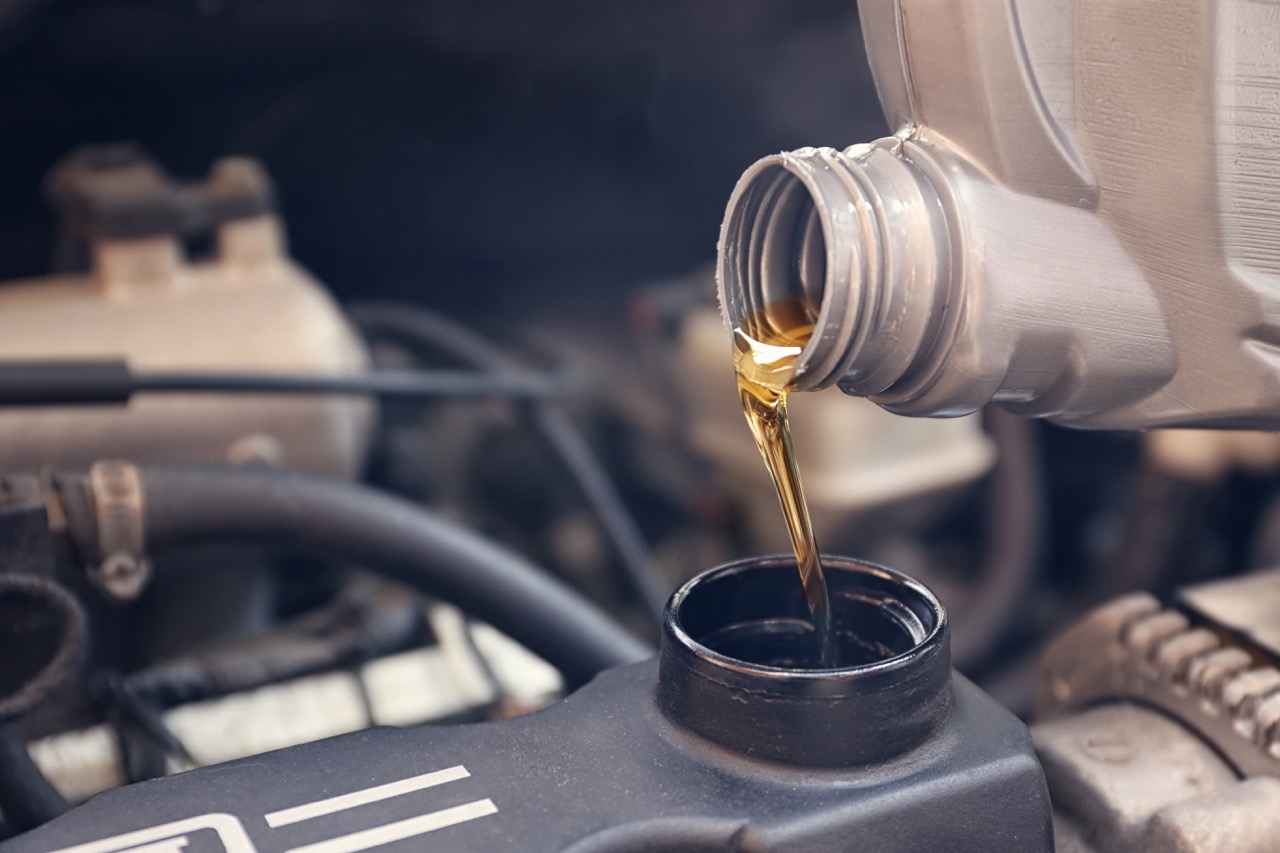
Getting an oil change is one of the most important things you can do for your car. It’s a simple process, but there are a few things you need to know before you go. In this blog post, Master Muffler Clearfield shares everything you need to know about oil changes: how often they should be done, when to get them done, and what type of oil to use. We’ll also talk about the process of getting an oil change, so you know what to expect when you go.
When was the last time you had your car’s oil changed? If you don’t remember, then it’s probably time.
How Often You Should Get an Oil Change
Most carmakers recommend an oil change every 5,000 miles or so. But that’s just a general guideline – your driving habits, the type of oil you use, and the age and model of your car all play a role in how often you should get an oil change.
If you do a lot of stop-and-go city driving, or if you frequently tow heavy loads, you might need to get your oil changed more often than the average driver. On the other hand, if you mostly drive on highways and keep up with regular maintenance, you might be able to go longer between changes.
Do Diesel Cars Need Less Frequent Oil Changes?
If you have a diesel car, you might be able to go a little longer between oil changes. But it’s still important to check your owner’s manual or with your dealer to see what they recommend.
Signs You Need an Oil Change
If it’s been a while since your last oil change, there are a few signs that you might need to get one.
- Your car’s oil is dark and dirty.
- Your car’s engine is making strange noises.
- Your car’s oil level is low or empty.
- Your car smells like burning oil.
How to Check Your Oil
If you’re not sure whether or not you need an oil change, it’s easy to check your oil level. Just pop the hood and find the oil dipstick. Pull it out and wipe it off with a clean rag. Then insert it back into the oil reservoir and pull it out again. The oil should be between the “full” and “low” marks on the dipstick. If it’s below the “low” mark, you need to add oil.
What Type of Oil Does My Car Need?
Not all oil is created equal. The type of oil you use in your car depends on the make, model, and year of your car.
Some cars require synthetic oil, while others can use a conventional oil. You’ll also need to decide whether you want a regular oil or a high-mileage oil. High-mileage oils are designed for cars with more than 75,000 miles on them. They have special additives that can help prevent leaks and reduce wear and tear on your engine.
Hot Weather vs Cold Weather Motor Oil
The oil you use in your car also depends on the temperature. In general, you should use a lighter oil in hot weather and a heavier oil in cold weather.
- If it’s 90 degrees or hotter outside, you should use a light oil, such as 0W-20 or 0W-30.
- If it’s below freezing, you should use a heavy oil, such as 15W-40.
You can also buy synthetic oils that are designed to perform well in all temperatures.
If you’re not sure what type of oil to use in your car, check your owner’s manual or ask someone at a trusted repair shop like Master Muffler Clearfield. We’ll be happy to help you choose the right oil for your car.
How is a Car’s Oil Changed?
The process of getting an oil change is pretty simple. First, the technician will drain the old oil from your car. Then, they’ll replace the oil filter and add new oil to your car. The whole process takes about 30 minutes, and it’s important to use the right type of oil and oil filter for your car.
CONTACT MASTER MUFFLER CLEARFIELD TODAY
(801) 416-2064
If you’re due for an oil change or if you’re not sure when your last one was, bring your car into Master Muffler Clearfield. We’ll take care of everything for you so you can hit the road with confidence.
Related Posts
Key Takeaways On average, passenger vehicle tires last 40,000 to 60,000 miles, depending on type, driving habits, and maintenance. Replace tires when tread depth reaches 2/32”, if damaged, or older than 10 years. Regular rotation, alignment, and proper inflation extend tire life. Aggressive driving, poor roads, and harsh weather shorten tire lifespan. Take advantage [...]
When you think about car maintenance, you probably focus on oil changes, tire rotations, and maybe even brake pad replacement. But what about your brake fluid? If you’ve ever wondered, “What does brake fluid do?” or “Why is brake fluid important?”, you’re not alone. Brake fluid might not be the most talked-about part of [...]
Is that high-pitched squeal from your brakes driving you—and everyone else—crazy? Don’t ignore it. Squeaky brakes aren’t just annoying, they’re your car’s way of saying something needs attention. Whether you're cruising through Salt Lake City or winding up Idaho’s mountain passes, here’s what’s likely going on, how you can fix it, and when it [...]





